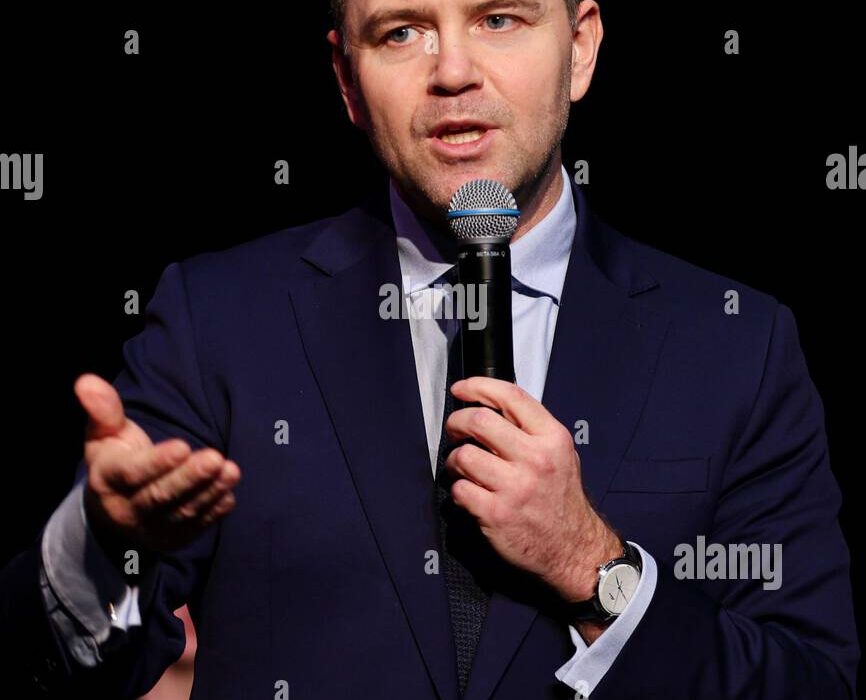Amid the towering spires of Warsaw, a political earthquake shook Poland as Karol Nawrocki emerged victorious in the presidential election. The right-wing populist candidate clinched the presidency, leaving behind a trail of surprising twists and turns that captivated the nation.
In a nail-biting finish, Nawrocki secured his win with an unexpected surge of support from far-right factions. His promise to stand against Ukraine’s NATO membership struck a chord with many voters, solidifying his stance on key geopolitical issues.
As dawn broke over the Polish capital, citizens woke up to a new reality – one where Nawrocki would lead the country for the next five years. His victory dashed the hopes of liberal candidate Rafal Trzaskowski, who had been favored in early exit polls.
“We will win and we will save Poland in that way,”
Nawrocki declared confidently in his victory speech. His rallying cry resonated with supporters who saw him as a bulwark against what they perceived as encroaching liberal influence.
The path to victory was paved with strategic alliances and calculated moves. Analysis revealed that Nawrocki garnered significant support from former rivals like Slawomir Mentzen and Grzegorz Braun, aligning himself closely with their far-right ideologies.
Mentzen’s endorsement came with a list of demands, all of which Nawrocki embraced wholeheartedly. This coalition-building strategy proved instrumental in securing crucial votes from disillusioned segments of the electorate.
Poland’s political landscape underwent a seismic shift as young voters veered away from traditional powerhouses like Prime Minister Donald Tusk’s Civic Platform and Jaroslaw Kaczynski’s PiS party. Instead, they gravitated towards alternative candidates who offered fresh perspectives on pressing issues.
Trzaskowski’s attempts to court Mentzen’s supporters fell short amidst growing discontent with established political norms. Meanwhile, Nawrocki weathered storms of controversy surrounding allegations from his past, emerging resilient in the face of adversity.
“For Nawrocki’s victory, key is how large the anti-system electorate is,”
remarked analyst Jakub Majmurek. The undercurrents of dissatisfaction with existing governance structures propelled Nawrocki into power despite lingering doubts about his character.
With his sights set on impeding Tusk’s legislative agenda, Nawrocki posed a formidable challenge to the status quo. As speculation mounted about the longevity of Tusk’s government under this new dynamic, opposition forces braced themselves for renewed battles ahead.
Nawrocki’s triumph heralded a period of introspection for Poland – one marked by shifting allegiances and evolving priorities. The echoes of this electoral upset reverberated across Europe, signaling broader transformations within regional politics.
In this era of uncertainty and change, one thing remained clear: Karol Nawrocki had steered Poland onto a different course, setting sail towards uncharted territories where old certainties no longer held sway.

